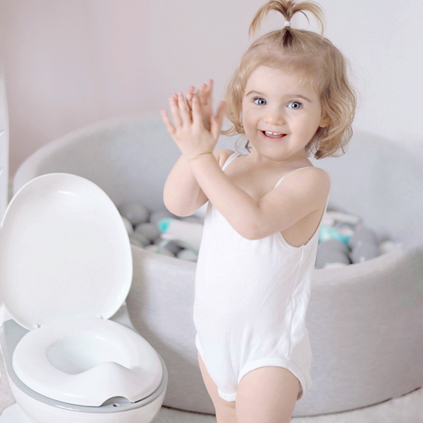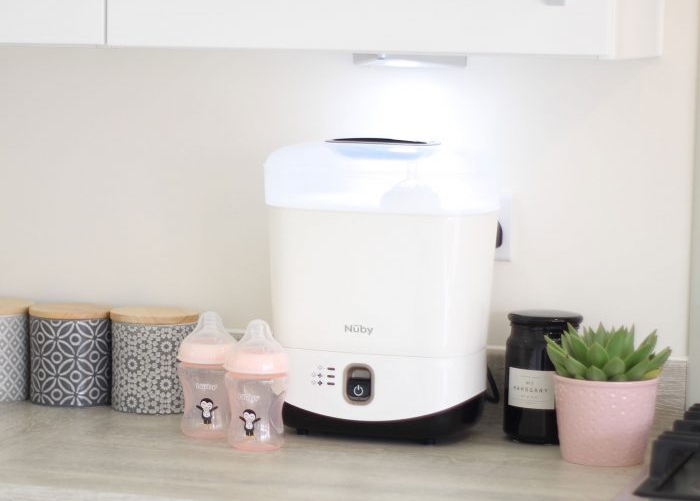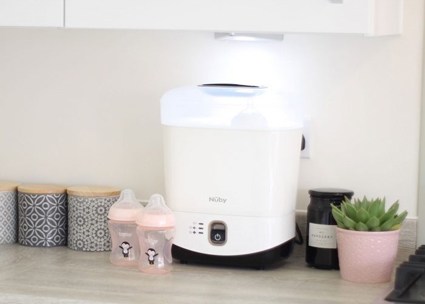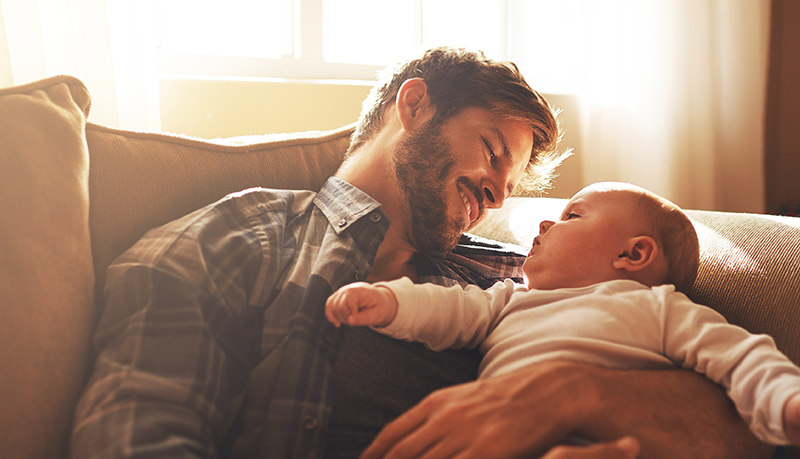
Our wonderful dads deserve to be celebrated every day of the year. So with Father’s Day just around the corner, we want to take a look at some of the most commonly asked questions about becoming a new dad.
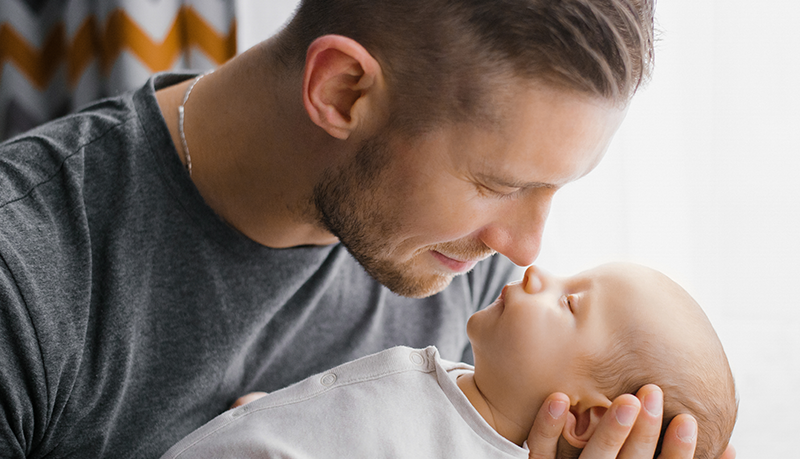
What to Know as a New Dad
If you’re a new dad, you’ll probably have a million and one questions. And that’s okay! This is a whole new experience for you, so take a step back and think about some of the things you might need to know.
It’s Okay if You Don’t Know What To Do
You don’t have to be perfect to take care of your baby. Everyone with kids was a new parent once and had to learn the ropes too. As long as you’re open about learning how to care for your baby instead of assuming you already know everything, you’ll be just fine.Here are some suggestions of things you can do to start prepping for your new arrival
- Make and Freeze Some Meals Ahead of Time
- Prepare the nursery or sleeping space for your new baby
- Find a Paediatrician
- Taking Birthing Classes with your partner
- Stocks up on newborn essentials including nappies, pacifiers clothing ect
- Purchase your car seat and stroller
- Talk to your partner about what you both need and want going forward
The Birth
Thinking about your baby's delivery can be a bit intimidating. But there's a lot you can do to help it go more smoothly.
- Learn the basics at a childbirth class.
- Talk to your partner about pain management during delivery.
- Learn massage to help your partner through delivery.
- Take a tour of the facility where birth is planned.
- Map the best route to the facility.
- Pre-program important numbers into your phone.
- If you have other children, arrange for childcare during the birth.
- Make a list of family and friends to notify when baby is born
Most likely, your partner will want you with them for support. Then you should decide together how active you will be. Consider both of your personalities, how you relate to each other, and your expectations for labour and delivery as a couple. Ideally, they should receive the support they need and you should help out at a level that's comfortable for you.
Taking Parental Leave From Work
If you’re living in South Africa, employers are obligated to give 10 days unpaid parental leave upon the birth of the employee's child. Paternity leave will be paid by the South African Unemployment Insurance Fund at a rate of 66% of the total earnings of the employee at the date of application. There are no right or wrong answers when it comes to parental leave. It’s completely up to you! Whether you choose to stay home and care for your newborn or go back to work and provide for your loved ones, you’re doing everything you can to be a great dad.
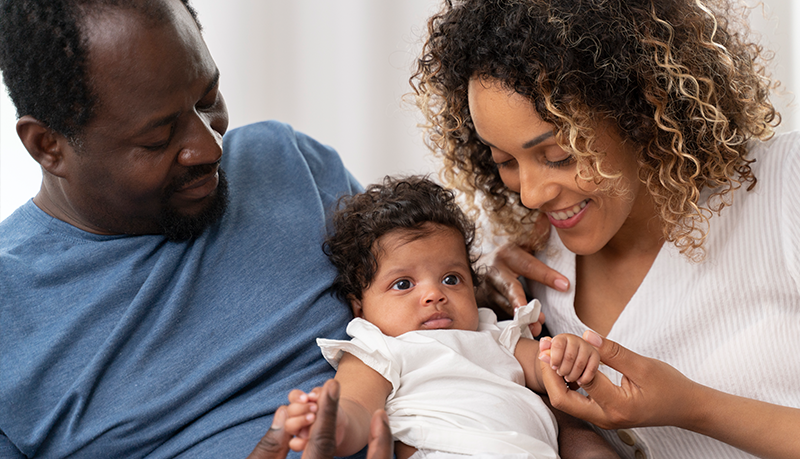
Life With Your Partner
Your partner probably feels a bit fragile after the rigors of childbirth. Whether they gave birth by C-section or vaginally, they will be sore and may have some bleeding and vaginal discharge for several weeks. They may have painful urination or involuntary leakage of urine, called urinary incontinence. On top of all that, they may have problems with constipation or hemorrhoids from the strain of delivery. If they delivered vaginally, bleeding could last longer if they had a vaginal tear. Recovery from a C-section requires that they limit their activity for a few weeks. It's enough to shorten anyone's fuse.
What you can do:
- Pitch in as much as possible.
- Help out by doing the household heavy lifting: grocery shopping, laundry, and meals.
Be patient, especially when it comes to physical contact. It may take anywhere from 4 to 6 weeks for them to heal completely, and even then they may not be ready for sex. Let them take the lead, and show affection with your hugs and kisses. They also may appreciate the occasional foot rub.
You Will Get Sleep Eventually
Sleep is a major concern for many first-time dads. New babies don’t have an established sleep schedule, which means you won’t be getting as much sleep in the beginning. However, you and your partner can trade off the responsibility of night-shift baby care. This trick can help you both feel refreshed more often!
Newborn Feeding Habits
Newborn babies need to feed every 2–3 hours. This means parents have to take the time to feed their little ones anywhere between 8 to 12 times every 24 hours. Your wife may choose to breastfeed or even express so you can help out with feeding. Nuby offers the Silicone Breast Pump to make it easier for mothers to express while breastfeeding and provide milk for later feeds. But if you’re choosing to bottle feed your baby, you’ll need to learn how to make formula. You don’t have to be an expert to prepare a baby bottle. All you need is a clean bottle, powder formula and water. Although the water you use should be boiled or sterilised and left to cool to a drinkable temp, to make sure it’s as clean as possible.
Babies Get Sick And That’s Ok
There will be times when your baby's ill. This can be worrying if you’re not sure what to do, especially if this is your first baby. If your baby's ill, it’s most likely to be a cough or cold and nothing serious, so you may just need help to make them comfortable. The Nuby Medical Kit can help with blocked noses, administering medicine and any other common ailments that your little one might experience. Continue to alert and attentive to changes in temperature and behaviour, make an appointment with you GP or clinic if you feel you little one needs more assistance.
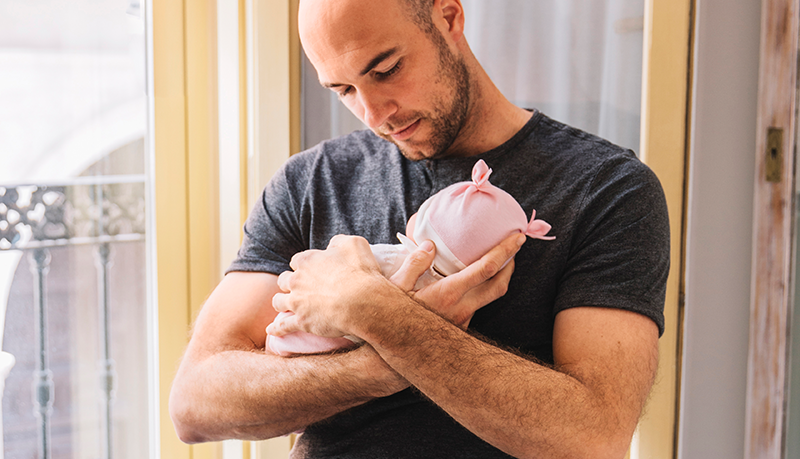
Don’t Forget About Bonding Time
Your baby will be lucky to have the two of you. Now is a great time to learn what you can about this brave new world of parenting.
- Attend parenting classes with your partner.
- Learn to change diapers so your partner can rest.
- Pick up your favorite childhood books to read to the baby.
- Ask about well-baby visits.
- Read up on child development for the years ahead.
- There’s no such thing as using too many wipes.
Look After Yourself Too
Your partner isn't the only one who needs breaks. Don't get completely burned out juggling your responsibilities. Every once in a while, see friends to catch the game or get a drink. A few hours away can recharge you. That's good for you -- and it's good for your partner and baby, too.
Taking It All in Stride
Yes, being a new dad can be hard sometimes, but the benefits of fatherhood will make it all worthwhile. Try to keep these things in mind as you work through the challenges of those first few months. Lower your expectations. Don't expect to keep up with your normal daily routine as you're adjusting to your new baby. Some days, just taking a shower will be a major accomplishment.
Keep a positive attitude. Stay positive and work with your partner as a team. That's a great way to nurture your relationship. You got this dad!


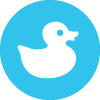
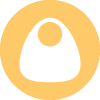

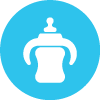
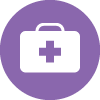

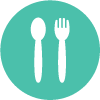
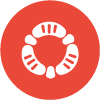
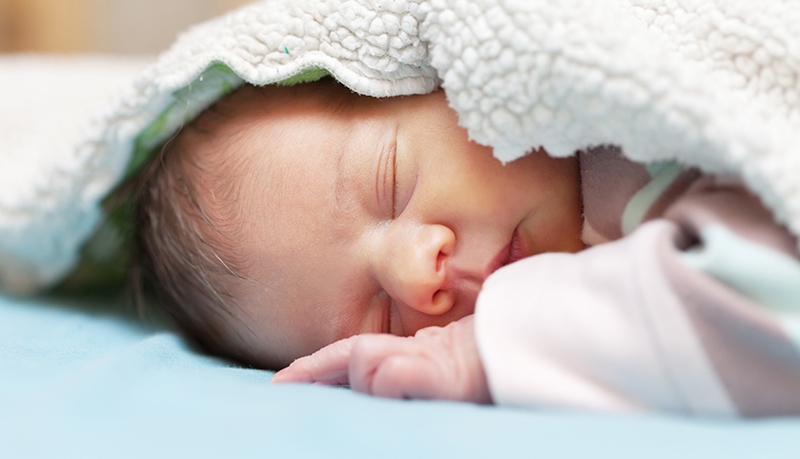
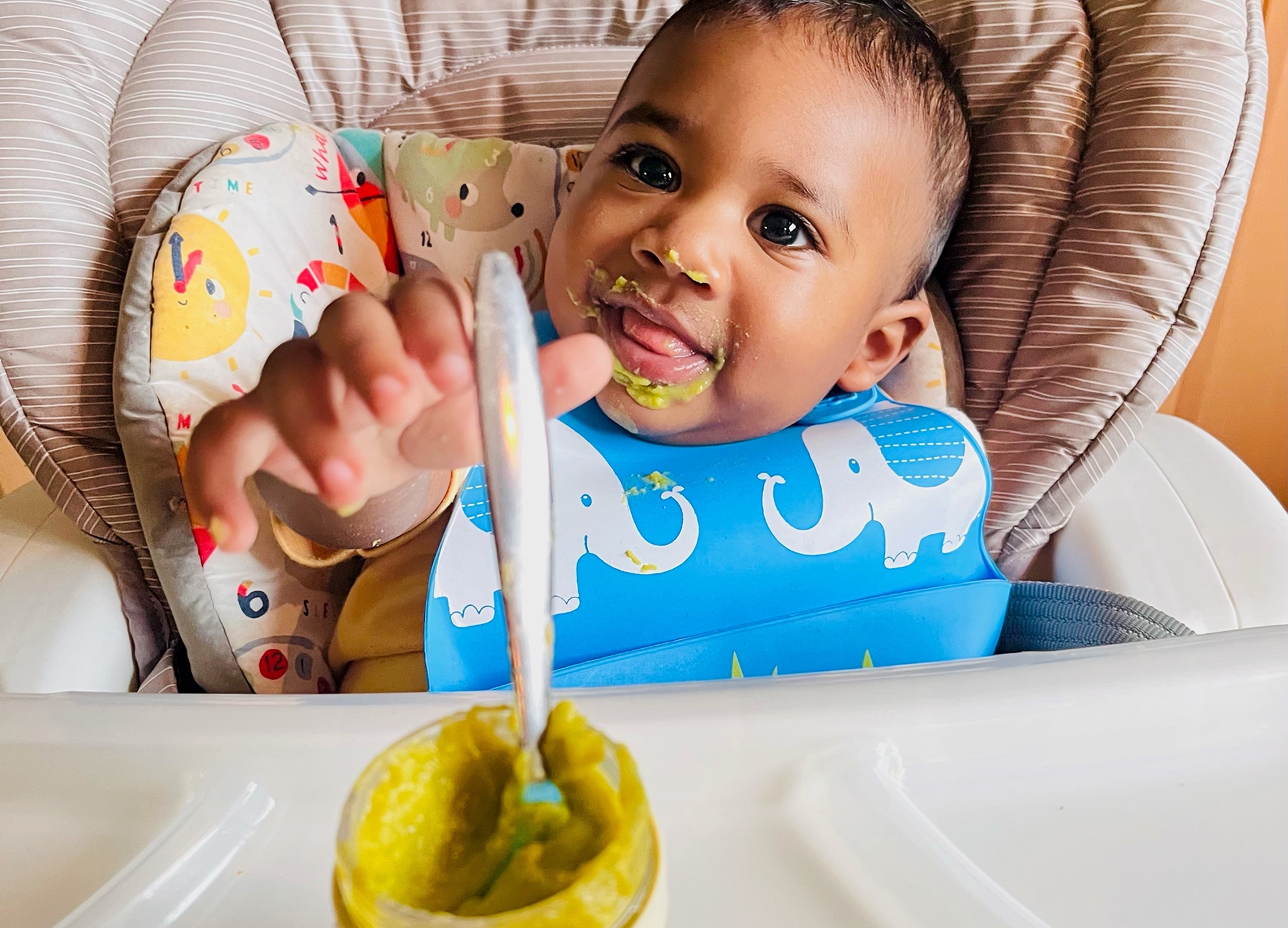
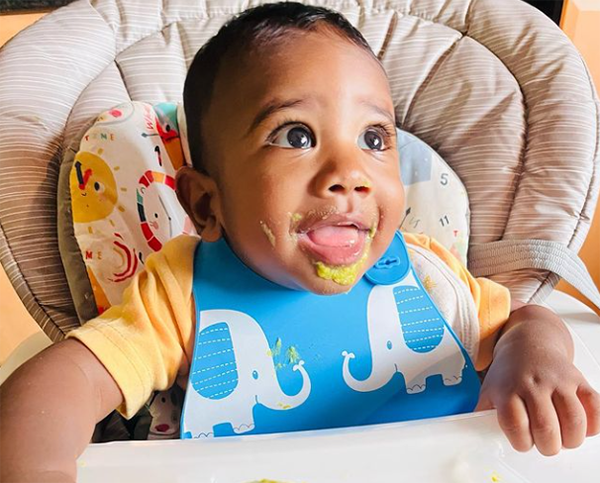
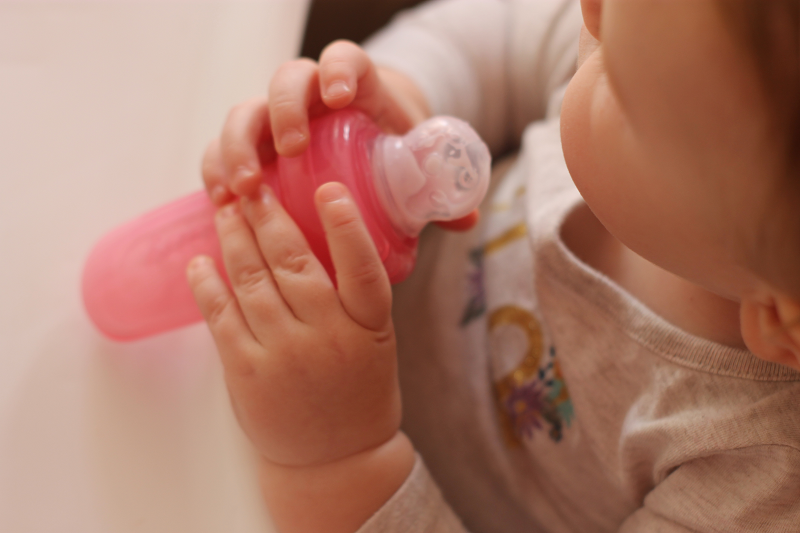

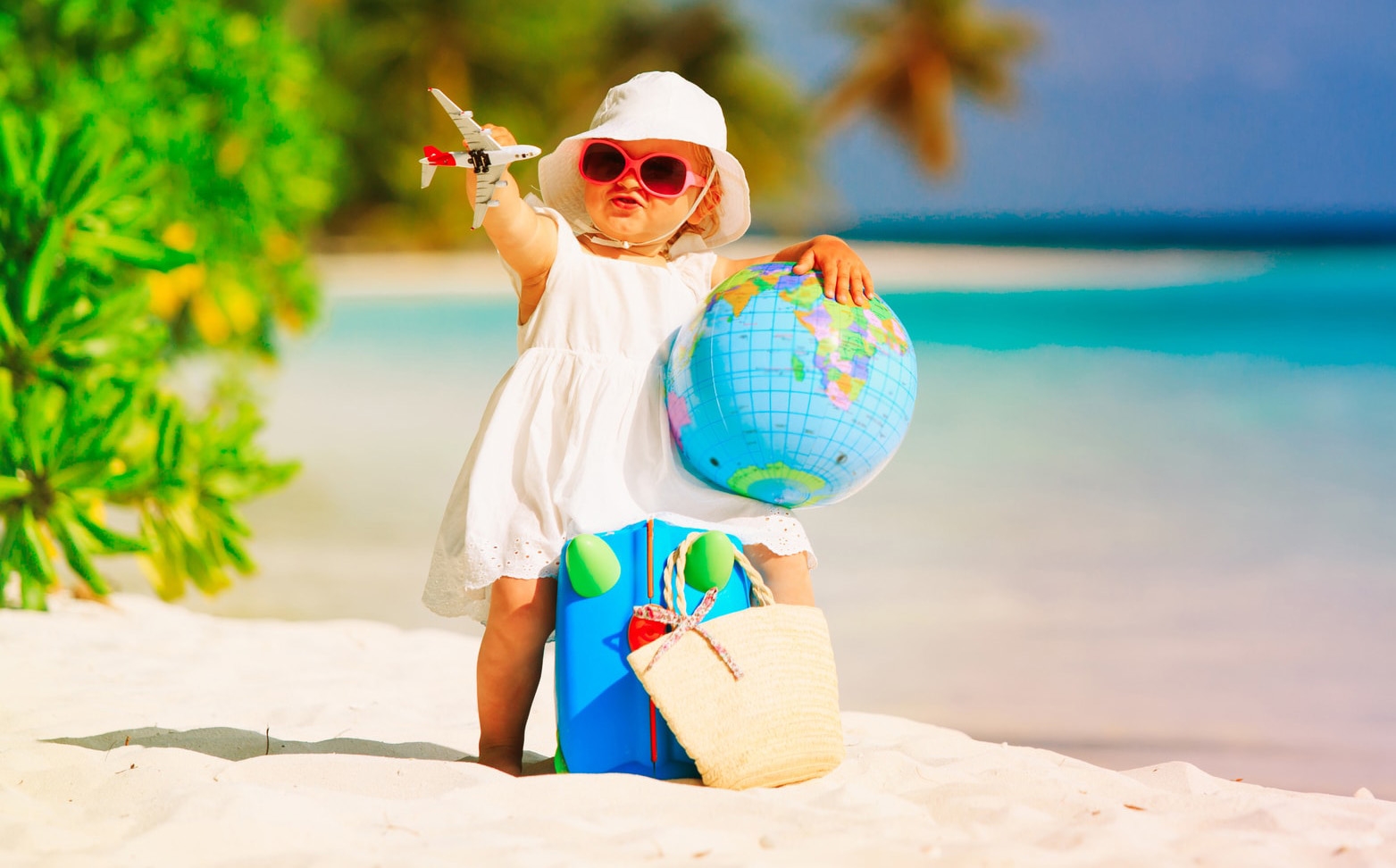
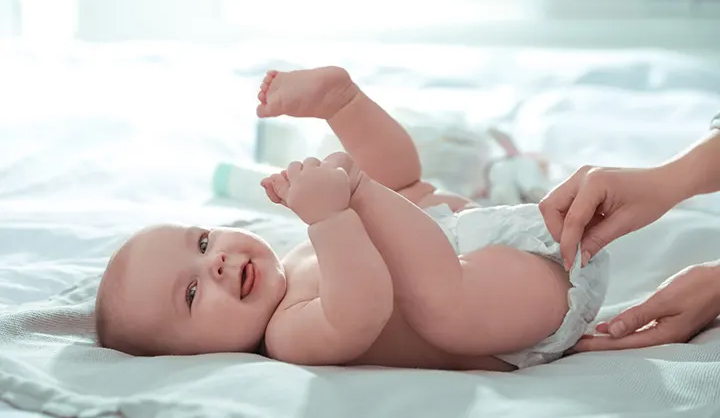
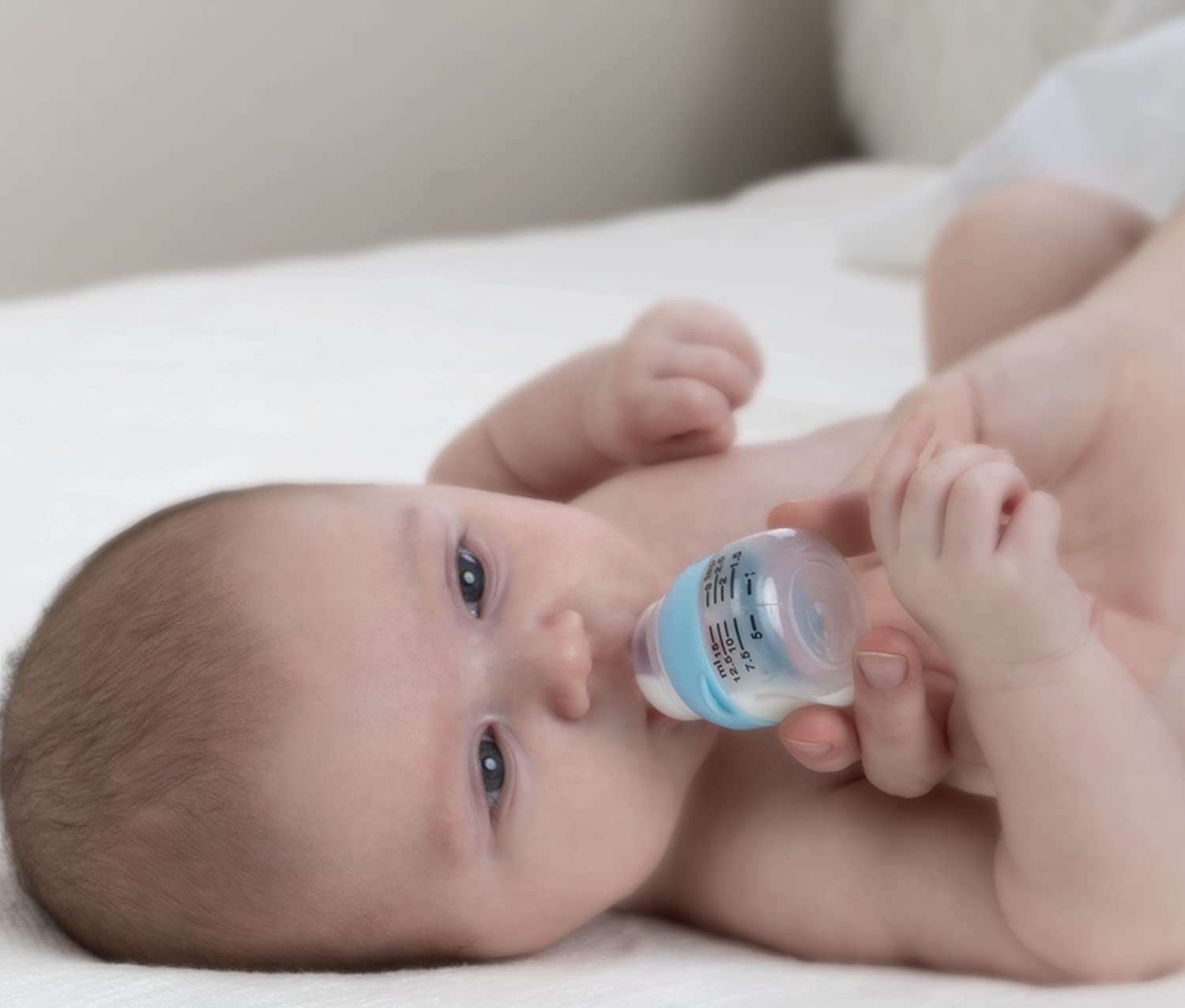
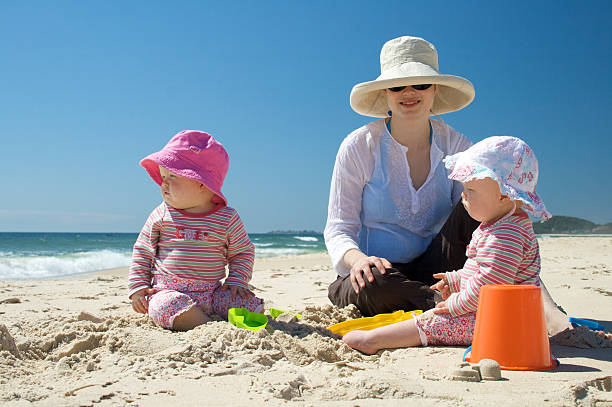
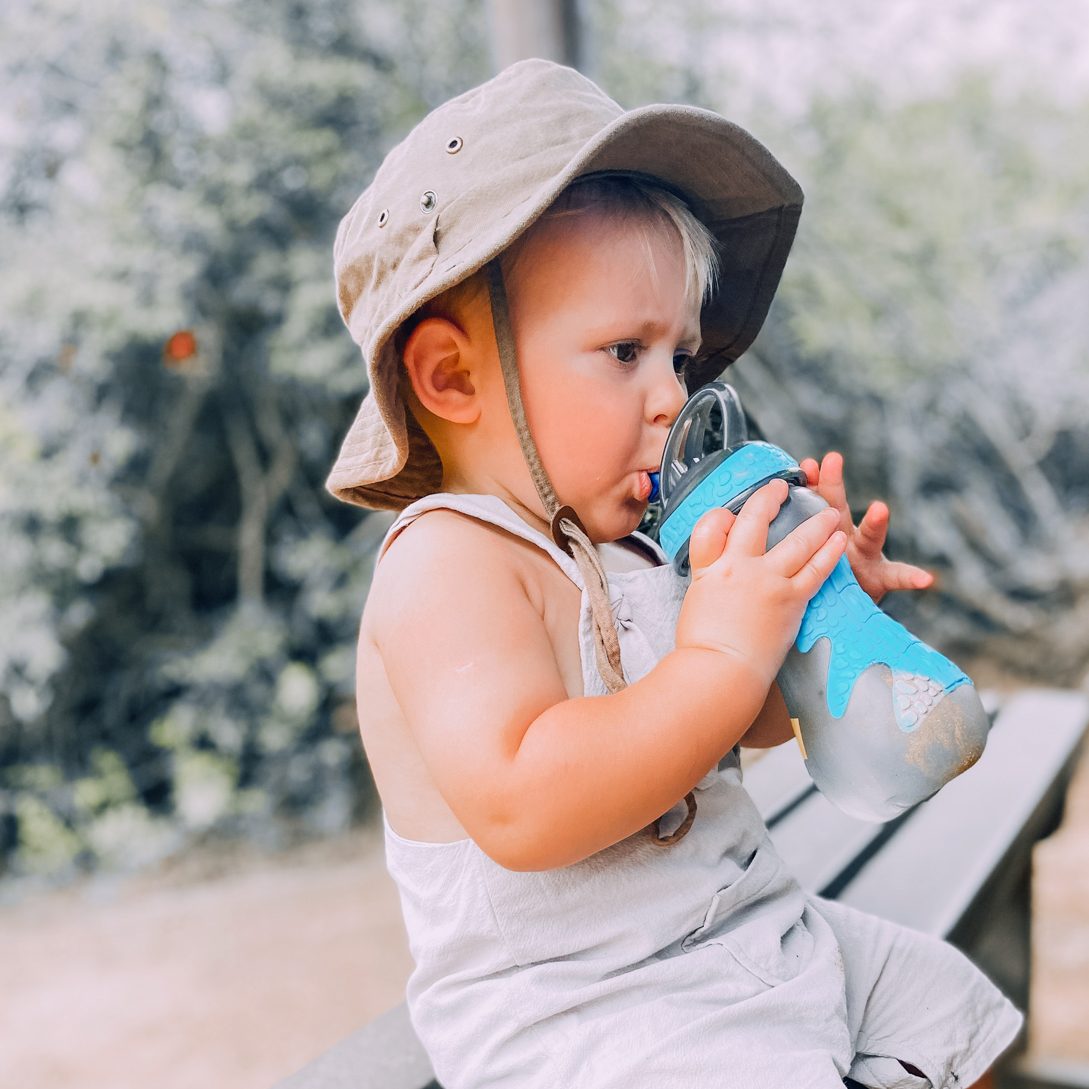
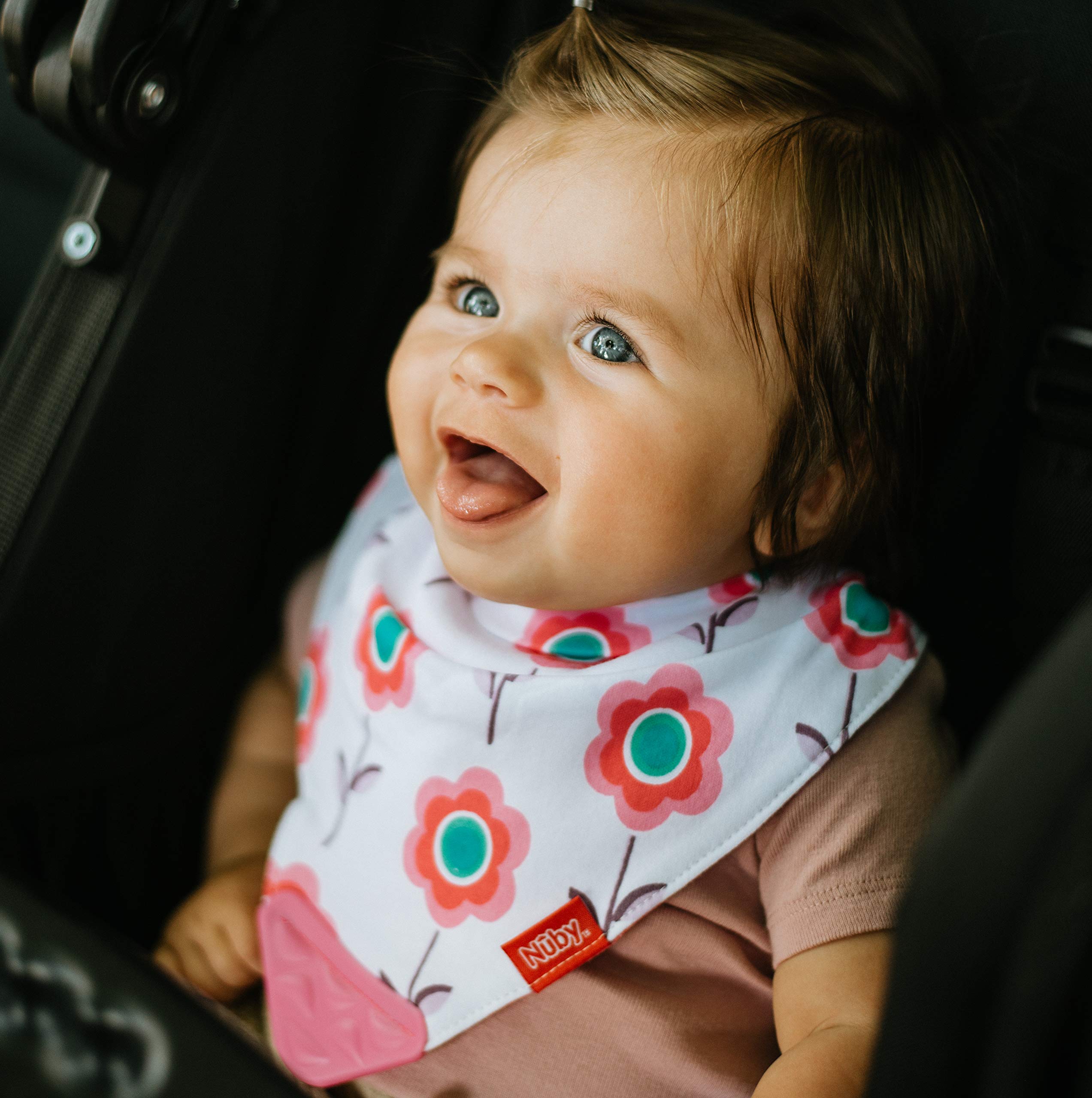
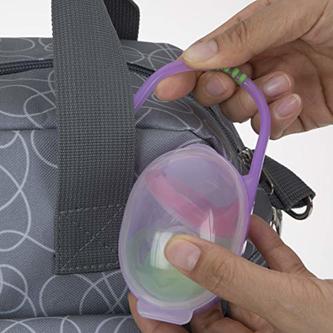

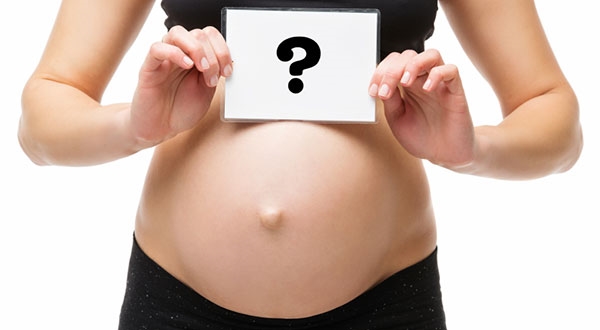

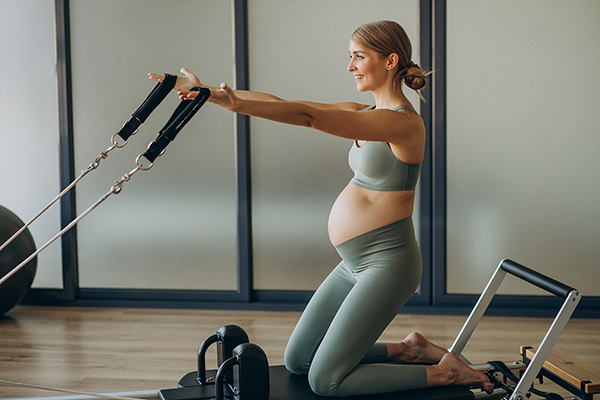

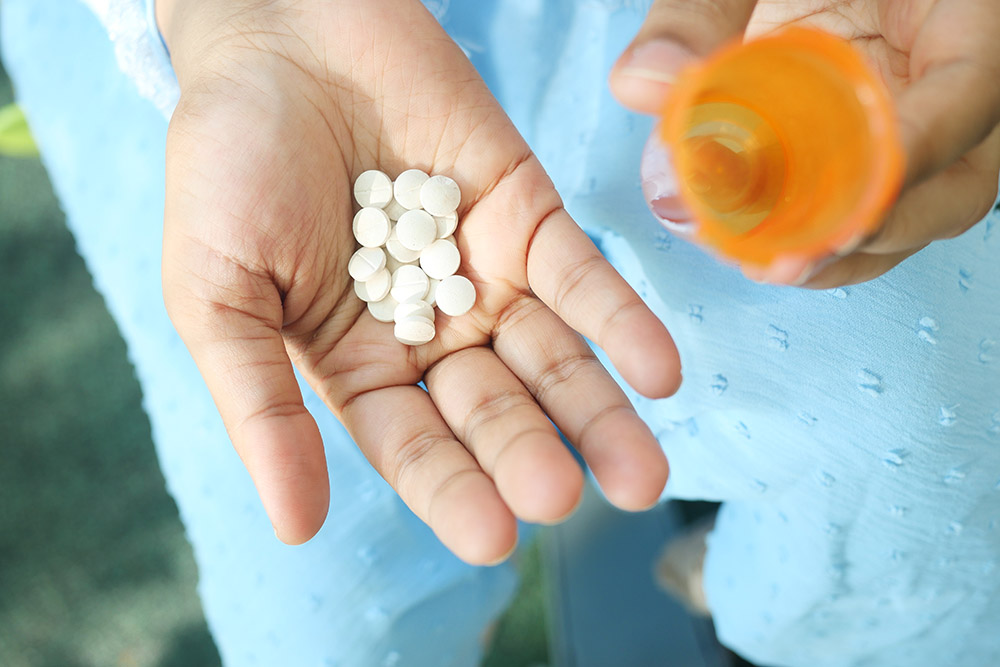
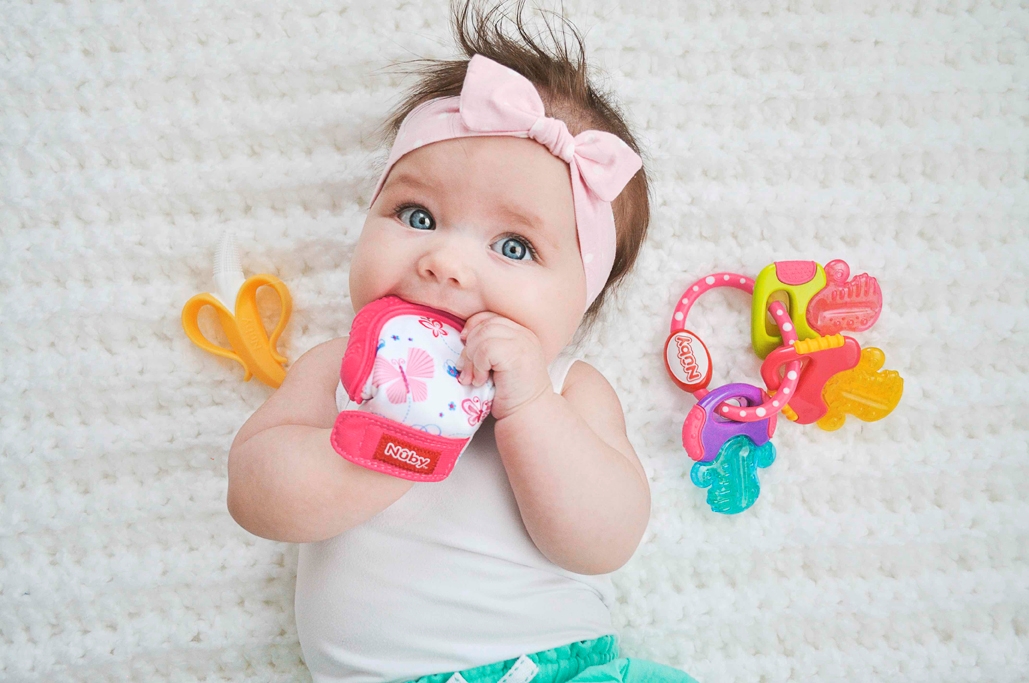
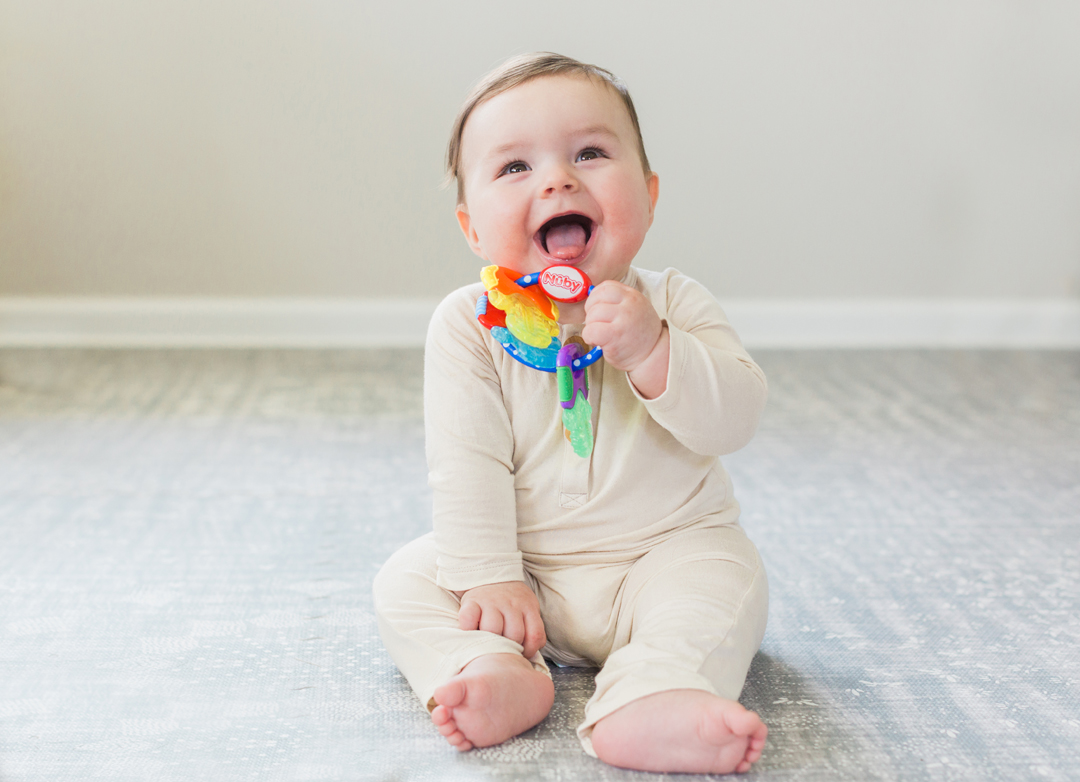
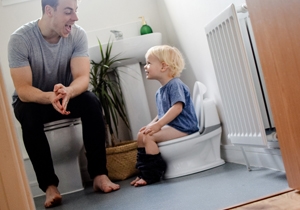
 Steps to take in potty training
Steps to take in potty training